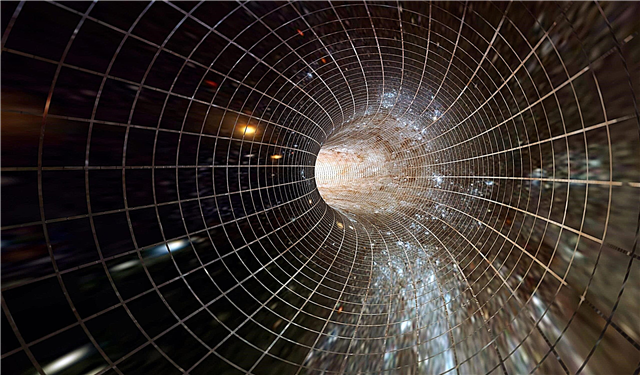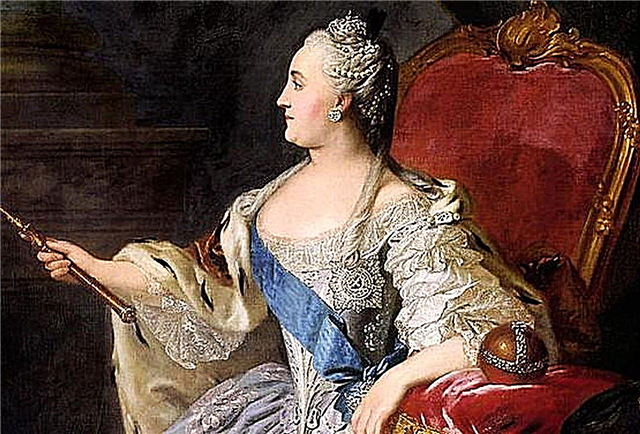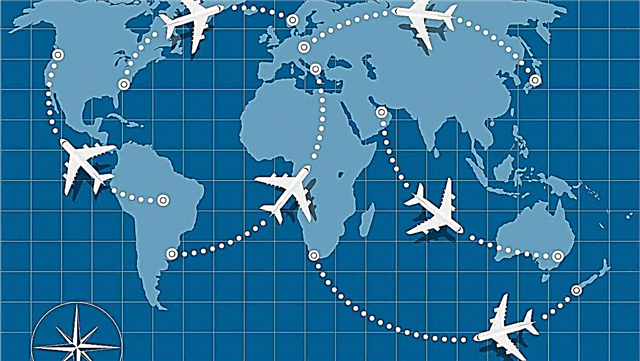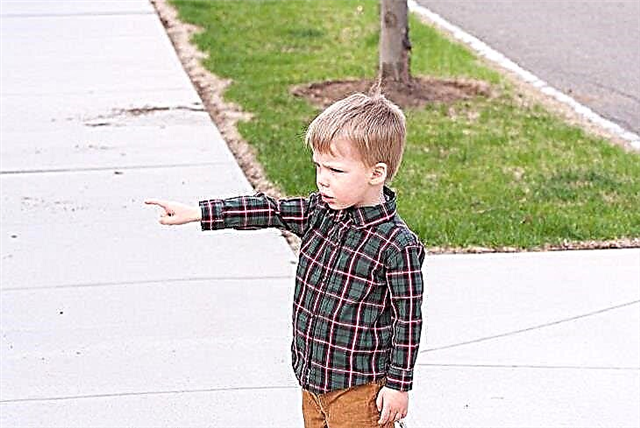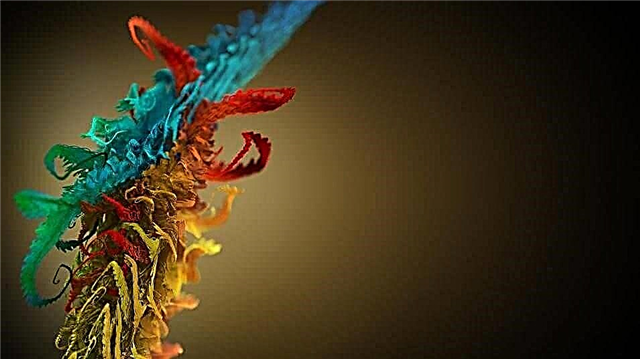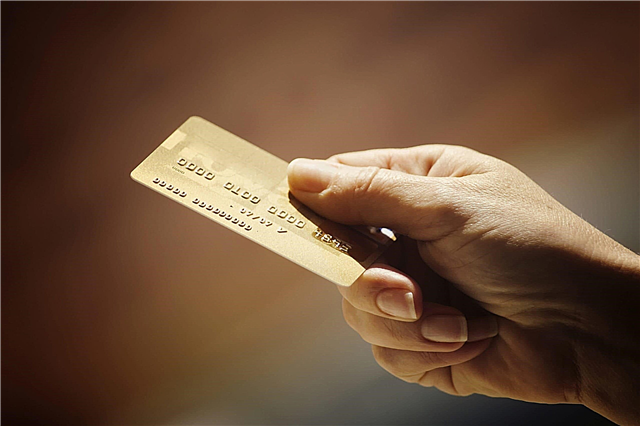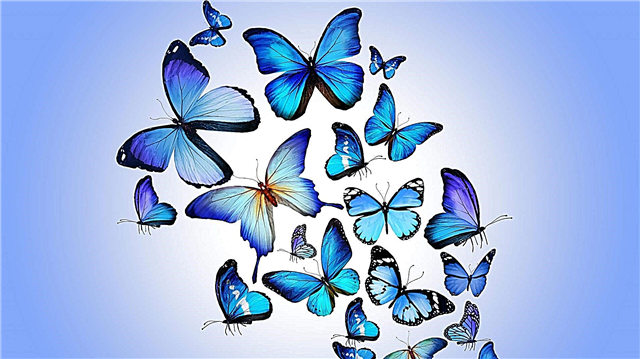
Having had a good dinner, almost every person feels a decrease in activity, a desire to be in a calm environment, to be suspended for a while. Why does such a desire arise, and is it normal? Do they give in vain a lunch break, not for half an hour, which is enough for eating, but for an hour and a half, so that a person can rest for a while?
It turns out that all this is not at all accidental. This feature of behavior is characteristic not only of people, but also of many animals. This is a natural pattern that should be considered in detail.
Sleep after dinner is a natural occurrence.

Midday short sleep is a completely natural and natural phenomenon that is observed today in many places, to which people are prone, not burdened by the need to follow a strict daily schedule. Especially in southern countries they like sleeping at lunchtime, however, here it is connected with some features of the climate and the fact that it is really better to just sleep in the midday heat. A similar lifestyle was practiced by people from generation to generation as the most sparing. Having had lunch, people indulged in some rest before returning again to their labors.
It was believed that food should “heal”, because physical actions on a full stomach can even cause pain, many people had to notice such a negative effect of activity after a hearty dinner.

Activity on a full stomach is really harmful, an organ filled with food is vulnerable to external damage, and therefore predators - wolves, lions and others, capable of eating up to several tens of kilograms of meat at a time, immediately go to bed after a hearty dinner. Moreover, their main task is completed, they themselves and their offspring are fed, and this holiday is well deserved.
However, after lunch, not only physical strength, but also a charge of mental energy disappears. The solution of intellectual problems is given with great difficulty than on an empty stomach, it is also better to postpone them to another time. How is this fact explained?
Causes of sleepiness after lunch
It turns out that the desire to sleep a bit after a hearty lunch is not just self-defense of the body from external physical influences. Along with physical activity in the period after a meal, mental activity is also limited. Scientists investigated this fact in detail and came to certain conclusions that made it possible to understand what exactly happens in the human body after eating, why one wants to sleep.
It turned out that the desire to sleep is associated with an increase in blood glucose. With its increase, part of the brain cells ceases to send wakefulness signals, and those structures that synthesize orexin are particularly strongly suppressed. Namely, this hormone is responsible for the transition from wakefulness to sleep and vice versa. The carbohydrates that enter the human body along with food are also to blame. Their appearance is accompanied by the production of serotonin, a hormone of pleasure that immerses a person in a calm state. An excess of such calm inevitably leads to the desire to sleep a little.
There is another opinion - a number of scientists point to certain shortcomings, weaknesses that exist in the body of each person. So, with the activation of the digestive system, a large volume of blood rushes to it. In this case, the brain is somewhat deprived, blood is not provided for normal work, there is some oxygen starvation. And therefore a person is irresistibly drawn to sleep during that time, while food is digested.
How to get rid of drowsiness in the afternoon?

Despite the fact that the desire to sleep after eating is quite natural and physiologically verified, many people have to solve important problems in the afternoon, including the afternoon. What to do if you do not want to indulge in sleep and rest at this time? The answer will be quite natural: in order not to experience afternoon drowsiness, it is enough to eat easier. If you intend to do important things in the afternoon, don’t overeat, you should reduce the amount of glucose and carbohydrates. You can choose lean meat, salads, light soups. This is the easiest and most natural way to overcome drowsiness in the afternoon.
You can also use digestive accelerators - or drink tonic drinks, such as coffee or strong tea. But it’s better to give the body a break for rest - at least 15 minutes. A few minutes of a nap can completely restore strength and ensure effective work over the next hours.
Interesting fact: the desire to sleep after dinner is not expressed in all people. Someone hardly feels this tiredness, but it literally knocks down other people. If you know your individual propensity for an afternoon nap, you should free this time from important matters, transferring them to another time.
Thus, the desire to sleep after dinner is quite natural; this is a physiological mechanism that not only humans have, but also many animals. Rest after eating contributes to the successful digestion of food, the restoration of strength. It is better to give your body the opportunity to relax after eating, but if this is not possible, it is better not to overeat.


